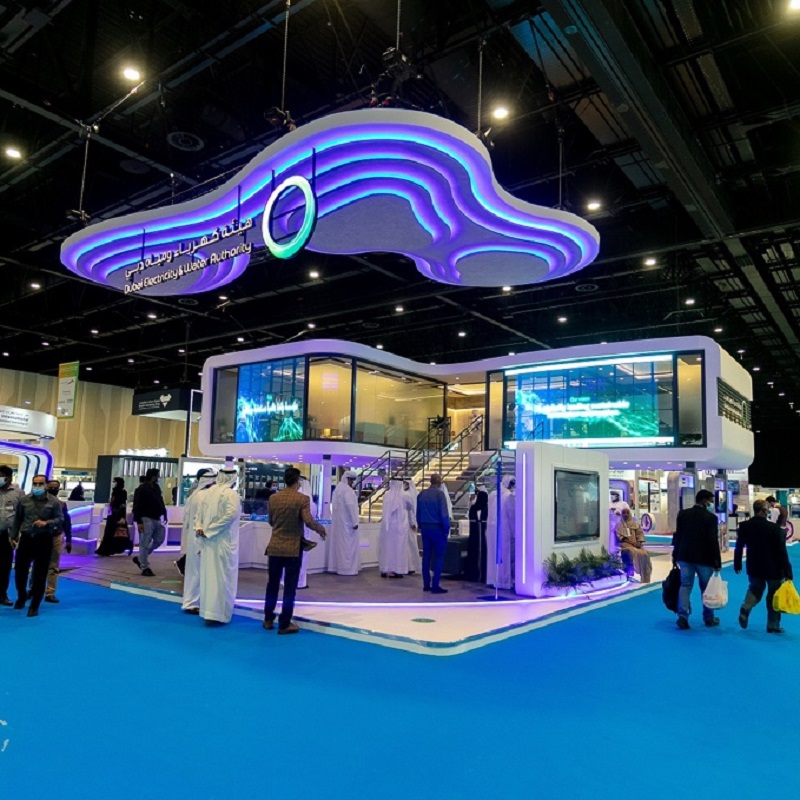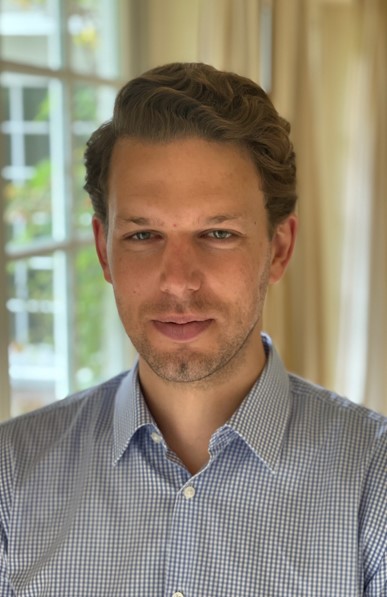Vincent Boks | Source | Managing Director EMEA Water Division at NSF

Vincent Boks
Vincent is Managing Director of the NSF Water Division in Europe, the Middle East and Africa. He has ten years of experience in the testing, inspection and certification sector, and specializes in the certification of water systems and related products.
-

NSF (http://www.nsf.org)
Managing Director EMEA Water Division
-
Vincent Boks discusses the new NSF P524 Water Quality Testing Devices for Drinking Water protocol
In this Water Vlog, Vincent Boks, Managing Director EMEA Water Division, NSF, discusses the recently introduced NSF P524 Water Quality Testing Devices for Drinking Water protocol and the NSF Guideline 533 - Ingredients Used in Drinking Water Products. He also explains the crucial work that the organisation carries out in terms of testing and approval of materials, systems and chemicals for water treatment solutions, with greywater recycling technology an increasingly important focus. P524 is the first-ever protocol that provides a standard third-party validation of the performance of water quality testing devices (WQTD) used in drinking water, ensuring public health protection by providing assurance that these crucial devices perform according to the manufacturer's claims. The new protocol has been developed through collaboration between NSF’s leading experts and industry experts including manufacturers and public health officials. Until now, manufacturers of potable water WQTDs could only advertise performance claims based on their own...
Video -
Vincent Boks discusses the new protocol 524 which sets minimum performance validation criteria for water sensor equipment - Water Magazine
Vincent Boks, MD EMEA Water Division, NSF, discusses the recently introduced NSF P524 Water Quality Testing Devices for Drinking Water protocol.
Video -
DEWA to require NSF 61 certification for all drinking water components
DEWA announced that drinking water components in all new tenders, service authorities and development projects in Dubai will need to achieve NSF 61 standard certification
Article
-
Recently, NSF developed NSF Protocol 524 to test and certify water quality testing devices. This is the first-ever protocol that provides a standard third-party validation of the performance of water quality testing devices (WQTD) used in drinking water, ensuring public health protection by providing assurance that these crucial devices perform according to the manufacturer's claims. The new protocol has been developed through collaboration between NSF’s leading experts and industry experts, including manufacturers and public health officials. Until now, manufacturers of potable water WQTDs could only advertise performance claims based on their own validation testing.
NSF P524 certifies testing devices – like sensors – to make sure that the accuracy and precision claims made by the manufacturer are correct.
Access to clean and safe drinking water is a fundamental right, and it is essential that we have reliable tools to measure the safety of our water supply. The launch of NSF P524 for water quality test devices is a significant step forward in ensuring users have access to accurate information about the safety of their drinking water. Having this protocol available for water quality testing devices used for drinking water helps provide confidence to utilities and other users that these products are suitable for use in our water systems. This protocol will help provide another layer of protection for the safety of our drinking water. -
Freshwater scarcity is a growing international concern. Today, about 4 billion people, nearly two-thirds of the world population, experience severe water scarcity during at least one month of the year.
Up to 40% of the world's population will be living in seriously water-stressed areas by 2035.
In 2011 NSF released NSF/ANSI 350, which establishes clear, rigid and realistic guidelines for testing the efficacy of onsite greywater and wastewater reuse treatment systems.
Greater awareness and education are needed for the public on water reuse. Climate change and population growth are exhausting fresh water supplies faster than we can adapt and replenish them. While water restrictions and limitations are increasing in urban areas around the world, one-third of fresh water usage in homes is for applications that don’t require potable water (such as the toilet/garden).
Water reuse systems can help us reduce and recycle our greywater safely and save up to a third of freshwater use in our homes.
The path to sustainability requires us to re-evaluate all the resources we use, including water. However, the process of providing potable (drinkable) water is often overlooked. Water utilities expend huge amounts of energy at the water treatment utilities, transportation and storage of the water treatment chemicals, and transportation of the water from water sources to water utilities and then to homes and businesses. Additionally, freshwater sustainability is one of the biggest challenges we face as a planet as our water sources diminish.
As we look at roads to carbon neutrality, water reuse will prove to be imperative for businesses looking to increase their ESG (Environmental, Social, and Governance) and operate more sustainably. Greywater reuse solutions certified to NSF/ANSI 350 not only provide a solution to help us reuse our water safely but also a way to cut down on all the energy and resources needed to treat and transport it. Water reuse can help enable companies to meet critical sustainability business metrics. -
NSF is extremely pleased that DEWA chose to include the requirements of NSF/ANSI/CAN 61 (NSF 61) standard in their technical specifications for drinking water production and distribution. This milestone marks a significant commitment from the government of Dubai to the health of its people. Incorporating the NSF 61 standard will help Dubai to have one of the safest water systems in the region.



